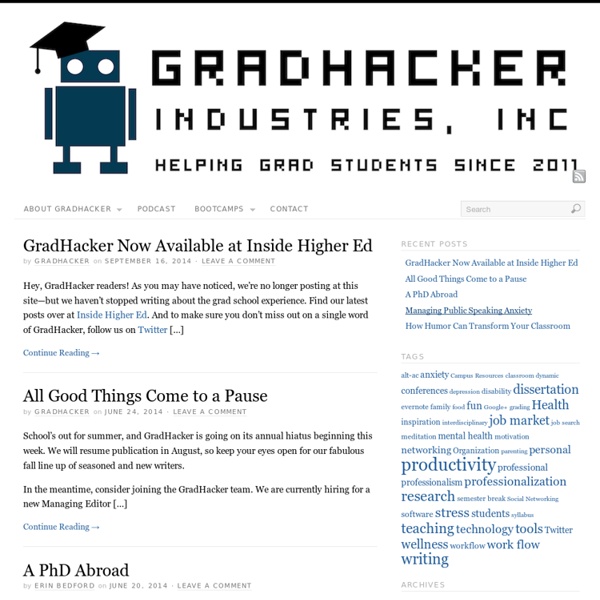



Contact - Volunteer If you have questions or want more information, contact the Volunteer Resources department in the area where you wish to volunteer.Coastal Volunteer Resources 5630 Inlet Ave, Box 2420 Sechelt, BC V0N 3A0 Tel: 604.885.8517 Fax: 604.741.0728 Email: scvolunteer@vch.ca *Includes Sunshine Coast; Home and Community Care, Meals on Wheels, Volunteer Drivers, Volunteer Shopping, Telephone Tree, Friendly Visitor, Senior's Outreach Counsellors & Volunteer Income Tax Service and, Shorncliffe Adult Day Center & Totem Lodge facilities.North Shore Volunteer Resources 231 E. 15th Street North Vancouver, BC V7L 2L7 Tel: 604.984.5929 Fax: 604.984.5838 Email: nsvolunteer@vch.ca *Includes Lions Gate Hospital, Margaret Fulton Adult Day Centre, West Vancouver Adult Day Centre, Community Health Centre Well Baby Clinics, Community Psychiatric Services, Diners Club Congregate Meals, Cedarview Lodge, Cedar Gardens, Kiwanis Care Centre and Evergreen House.Richmond
Videri - Videri Videri aims to advance knowledge about history and historiography by providing an open forum for scholars and students to post information about historical works. As a wiki, this site allows any member to edit, revise, and enhance the commentary provided by other members. (Anyone can become a member by contacting the administrators.) Most of the database consists of summaries of key works of history, organized by field, as well as interpretive essays on important questions in historiography. Videri was originally founded by graduate students in the History Department at Columbia University in 2004. To edit a page, go to the page and click the Edit button at the top of the screen.Like Wikipedia, the formatting style for pages on Videri is very easy to use.
Research Tools - ILTER Personal Research Online Editors StackEdit CSS Guidelines - High level advice Markdown Research with Mediawiki Academic Writing Git/GitHub GitHub Tools GitHub Archive Using Gists in Mediawiki Example: Normal <scom> <name>Example model</name> <type>Basic</type></scom> Example: With GistHub extension Feeding of Scientific Data [1] Workflow management systems Taverna An open source and domain-independent Workflow Management System – a suite of tools used to design and execute scientific workflows and aid in silico experimentation. Source code repositories Git A free and open source distributed version control system designed to handle everything from small to very large projects with speed and efficiency. Systems to package, access, and execute data and code iPython Notebooks A web-based interactive computational environment where you can combine code execution, text, mathematics, plots and rich media into a single document. Data repositories (domain-agnostic) Directories of research data repositories
My Top 10 education blogs I know I shouldn’t, but just can’t help myself. Onalyptica have updated their list of the 100 Most Influential Education Blogs. I was fully expecting The Learning Spy’s presence at no. 26 to be revealed as some sort of temporary and humiliating aberration. This makes my blog the 18th most influential education blog in the world! The weird thing is that I read very few of the blogs on this list and many I’ve never previously heard of. Anyway, this is a timely opportunity to review my own, proudly unscientific selection of Top 10 education blogs. 1. 2. 3. 4. 5. 6. 7. 8. 9. 10. There are loads of other blogs I think are wonderful (you can find them on my favourite blogs page; the selection above just skims the surface of what I think is a bit of Golden Age of education blogging. I’ve amassed quite a body of writing now – do feel free to trawl though my archive – there’s a few howlers in there but a couple are quite good. Related Posts Houston, we have influence: the Top 100 education blogs
e-Literate Students & Fellows Each year, CAMH scientists mentor almost 300 undergraduate and graduate students and post-doctoral fellows. CAMH provides trainees with a unique learning environment which includes: • A diverse range of scientific studies that are translational and emphasize research from bench to clinic to community • Expertise in concurrent mental health and substance use disorders • Opportunities to work in state-of-the-art facilities• A wide range of research disciplines with increasing cross-discipline collaboration within CAMH • A close proximity to the University of Toronto and surrounding universities. The Office of Research Training is dedicated to enhancing the experience of all trainees at CAMH, including undergraduate and graduate students and post-doctoral fellows. Read more about the CAMH Research Program, our areas of research and the Campbell Family Mental Health Research Institute.
About OpenWorm OpenWorm is an open source project dedicated to creating the world’s first virtual organism in a computer, a C.elegans nematode. We plan to achieve this goal by 1) bringing together highly motivated scientists and engineers 2) pushing away all the red tape 3) fostering growth of a completely open computational biology community. Science still does not understand the human brain to the level needed to cure diseases such as Alzheimer’s and Parkinson’s. Believe it or not, science doesn’t even understand the brain of a simple worm! We are a highly motivated group of individuals who believe in Open Science. The EQUATOR Network | Enhancing the QUAlity and Transparency Of Health Research